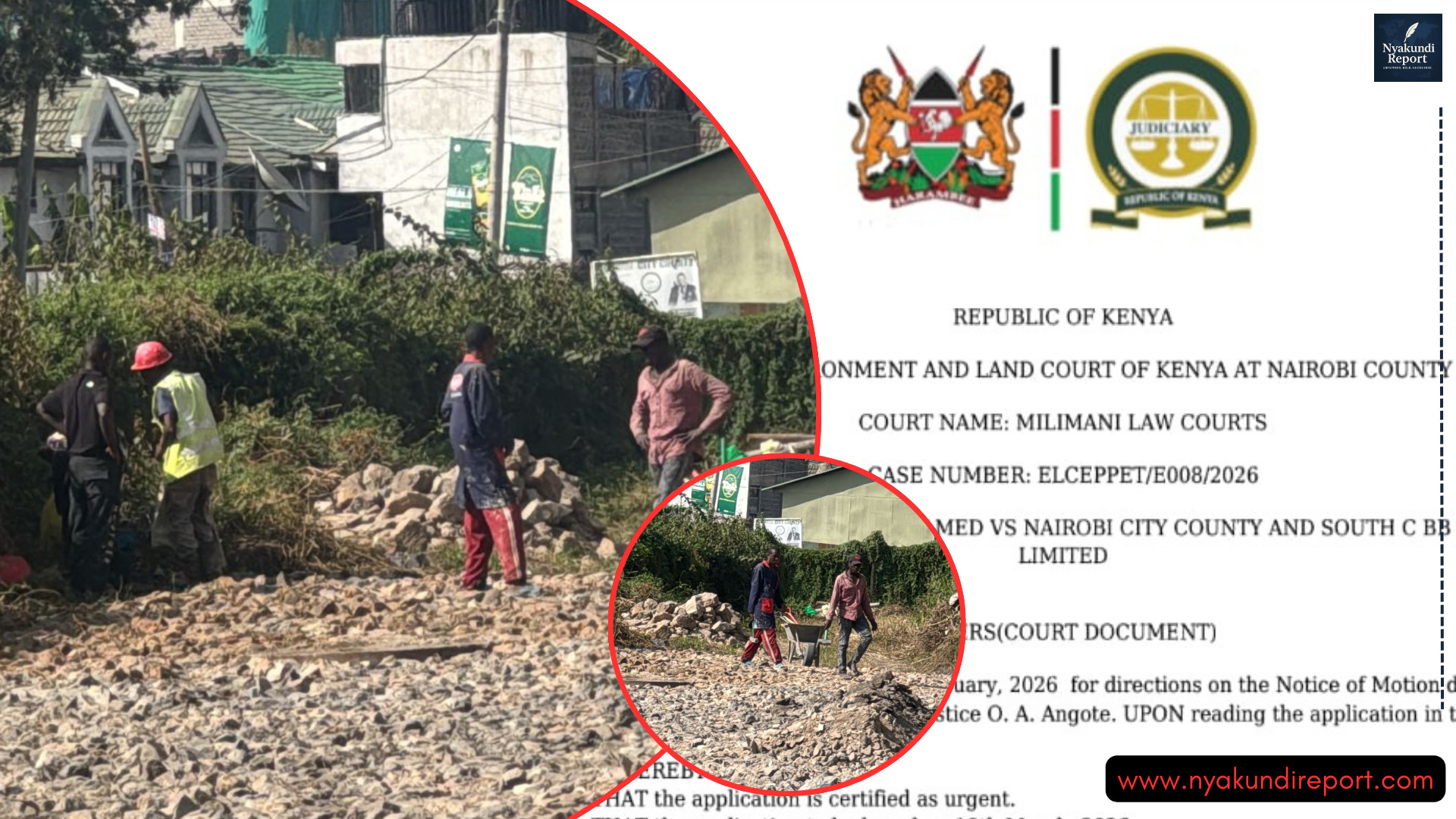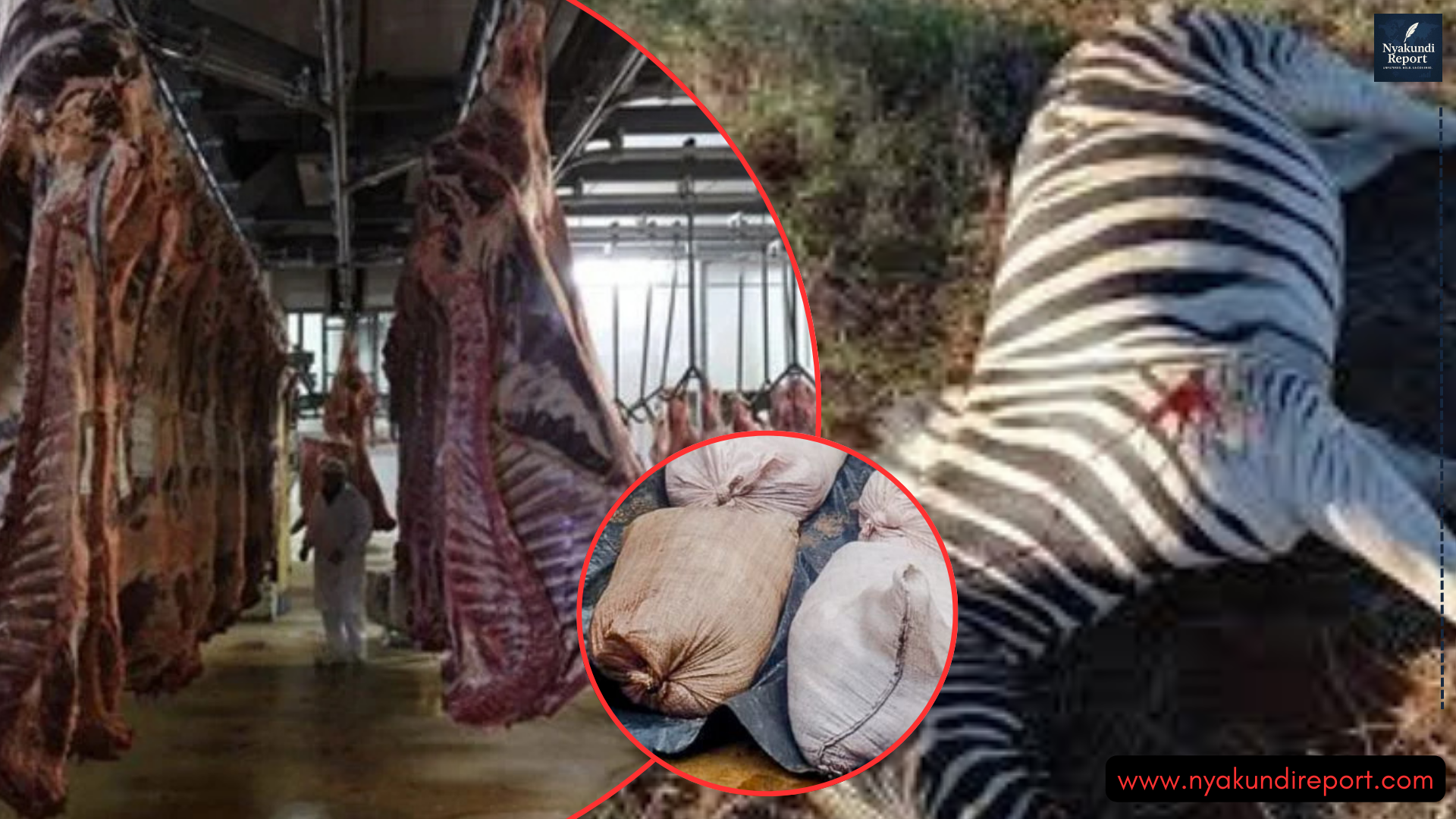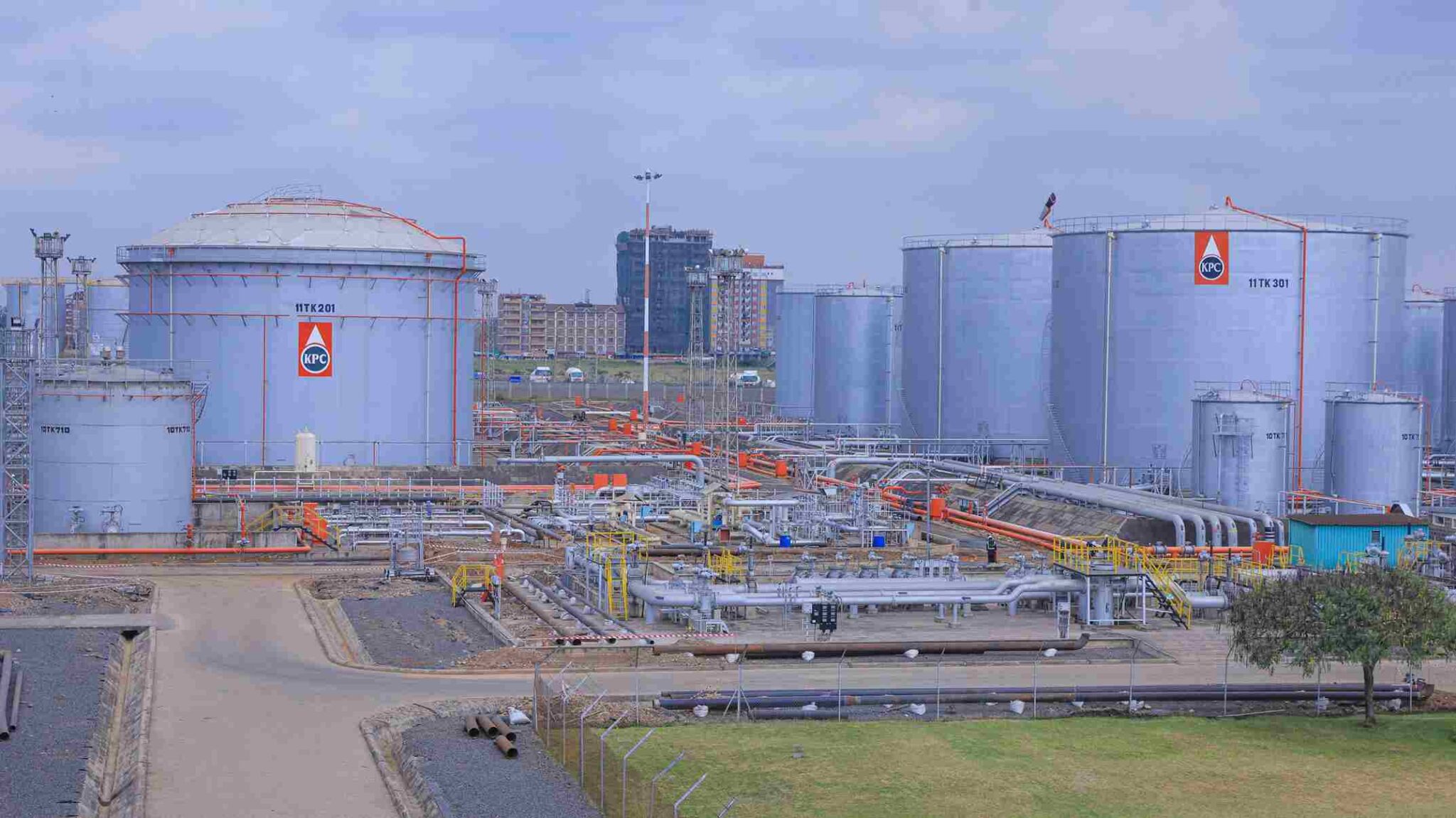Avocado farming in Kenya farming in Kenya is a growing goldmine. Kenya ranks as the second-largest avocado producer in Africa and the sixth in the world.
The country produces over 115,000 metric tons of avocado each year, with 70% coming from small-scale farmers. These fruits are in high demand both locally and internationally, especially in Europe and the Middle East.
Thanks to Kenya’s fertile soils and favourable climate, farmers across the country are increasingly turning to avocados as a source of income. Here’s a complete guide to help you get started.

Getting Started with Avocado Farming in Kenya
Avocado farming in Kenya farming in Kenya thrives under tropical and sub-tropical climates. The crop does well in highland regions and well-drained soils. Kenya’s avocado season runs from March to September, with the peak harvest between April and September.
Suitable areas for avocado farming include:
- Murang’a
- Thika
- Kiambu
- Nyeri
- Embu
- Meru
- Kisii
- Nakuru
- Naivasha
- Parts of North Rift
- Machakos
- Lower Nyanza
- Makueni
- Western Kenya
Varieties grown in Kenya:
- Hass—This is the most exported variety and has a high market demand globally. It takes about five years to start producing fruit but gives high returns.
- Fuerte—Mostly sold in local markets. It has a smooth green skin and matures faster than Hass.
- Puebla—Grown on a smaller scale and often used for grafting purposes.
Planting is done with a spacing of 6m by 7m or 8m by 10m, depending on soil fertility and rainfall. You can plant 100–130 trees per acre, each producing about 3–4 kg of avocado fruits per season. That translates to about 300–400 kg per acre.
Conditions Needed for Successful Avocado Farming
To succeed in avocado farming in Kenya farming in Kenya, farmers must ensure the right environment and care.
Ecological Requirements
- Soil: Avocados grow best in loamy, sandy, or alluvial soils with a pH of 5–7.
- Drainage: Good drainage is essential. Waterlogged soils cause root rot.
- Rainfall: Consistent rainfall of about 1000mm annually is ideal.
- Temperature: Avocados prefer 20°C–24°C.
- Wind protection: Avocado trees have weak branches. Strong winds can break them easily.
Intercropping and Management
Avocados can be grown alongside beans, peas, kale, or cabbage in the early years before the tree canopy becomes wide. This adds income and keeps weeds under control.
Regular pruning, pest control, and feeding with organic manure and balanced fertilizers will help the trees produce healthy fruits. Mulching and watering during dry months are also crucial for young trees.
Economic and Nutritional Benefits of Avocados
Avocado farming in Kenya farming in Kenya is not only profitable but also supports healthy living. The fruit is full of important nutrients that are in high demand globally.
Health benefits include:
- Rich in healthy monounsaturated fats and fiber – good for the heart.
- High in potassium – boosts vitamin absorption (A, D, E, and K).
- Contains proteins, iron, and magnesium – important for body growth and development.
Market value and returns
Avocados retail locally at Kshs 176 per kg. With proper care and management, one acre of avocado trees can earn you over Kshs 50,000 to Kshs 70,000 per season. Hass avocados, in particular, fetch high prices in export markets.
Where to Sell Your Avocados in Kenya
Selling your avocados is easier today with many buyers looking for high-quality fruits. Here are some of the major companies that buy avocados directly from Kenyan farmers:
- Kakuzi
Contact: 0722 205 895 - Vegpro
Contact: 020 822 831 - Sunripe
Contact: 0733 600 212 - East African Growers
Contacts: 0722 200 681 / 0733 900 478 - Kenya Horticultural Exporters
Contact: 0703 471 417
Most of these companies offer training, support, and fair prices. Make sure your avocados meet the required quality standards before selling.







































